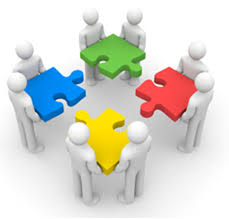Upon completing the program, students will be able to: 
1. Use knowledge in occupational therapy philosophy, theories, models, approaches, and frameworks in the practice of occupational therapy.
2. Apply the therapeutic use of occupation for individuals of different age groups and communities, within contemporary and future settings such as hospitals, schools, and homes etc, and with different diagnoses (such as paediatrics, neurological, physical, and psychiatry)
3. Assess and evaluate individual and environmental barriers to occupational performance, using a variety of formal, informal, standardised and non-standardised assessment tools and methods
4. Develop treatment plans collaboratively with clients, demonstrating application of best evidence, effective use of resources and client-centred practice.
5. Implement, identify and critically evaluate interventions.
6. Document, evaluation results and progress using a variety of methods (including accurate evaluation forms/progress notes/discharge records), demonstrating the ability to adapt communication styles to meet different needs of practice
7. Demonstrate an understanding of service management principles and the government, economic, social and political issues that affect clinical practice.
8. Respect the rights, culture, dignity, confidentiality and individuality of clients and their families expected by the profession and realize the importance of client-centred practice with people from diverse backgrounds and advocate as a professional for the occupational therapy services offered and for the recipients of those services.
9. Develop problem solving strategies, clinical reasoning and critical reflection on practical scenarios, and synthesise knowledge through evaluation
10. Reflect skilful communication, leadership, time management, lifelong learning, using appropriate communication technologies and scientific research, work within a team , has the ability to think critically and solve problems.
11. Bear the responsibilities and exercise his rights and duties within the value system of society and public morals, and he has self-confidence and independence of personality and communicate with others orally and written in an effective and kind way.